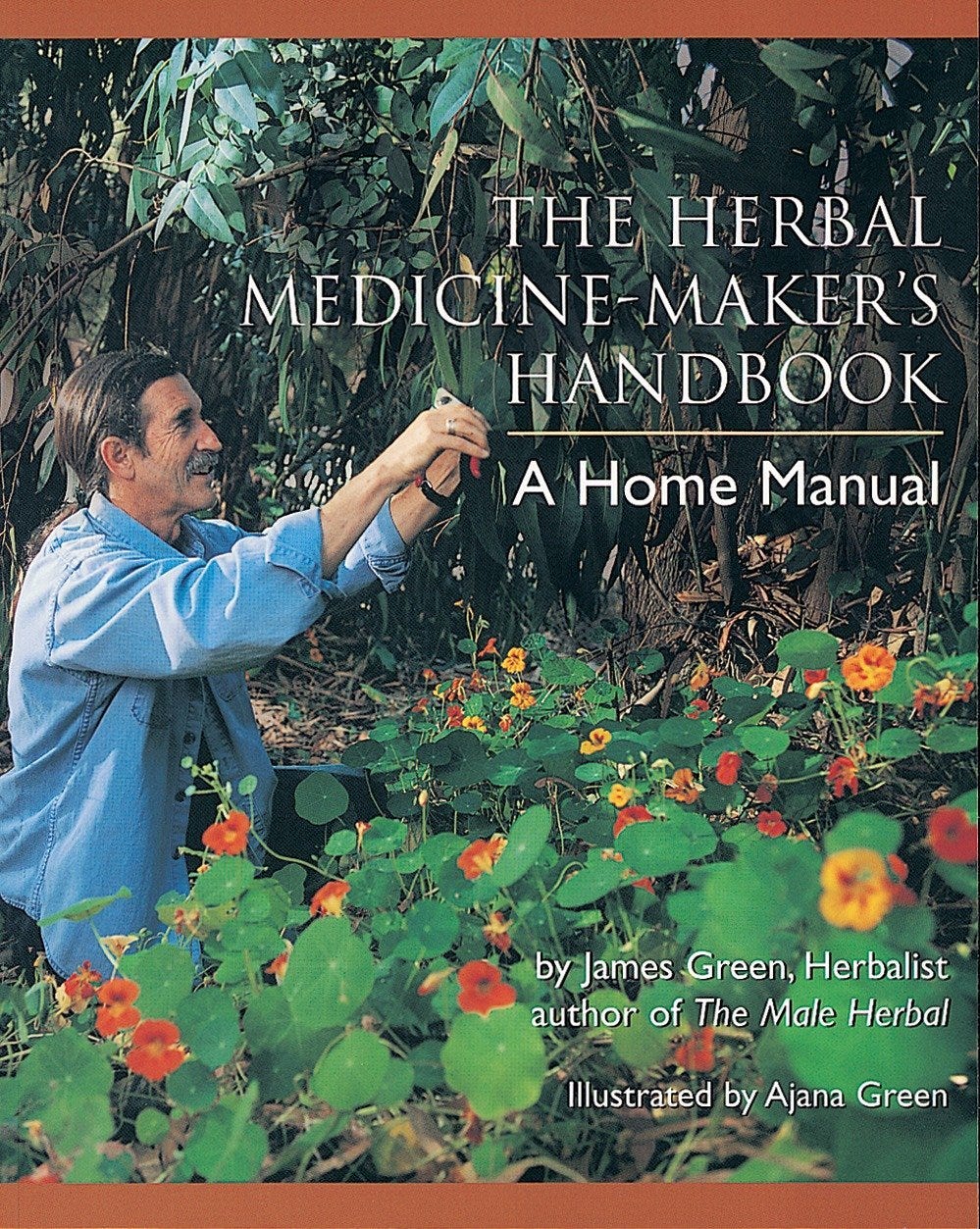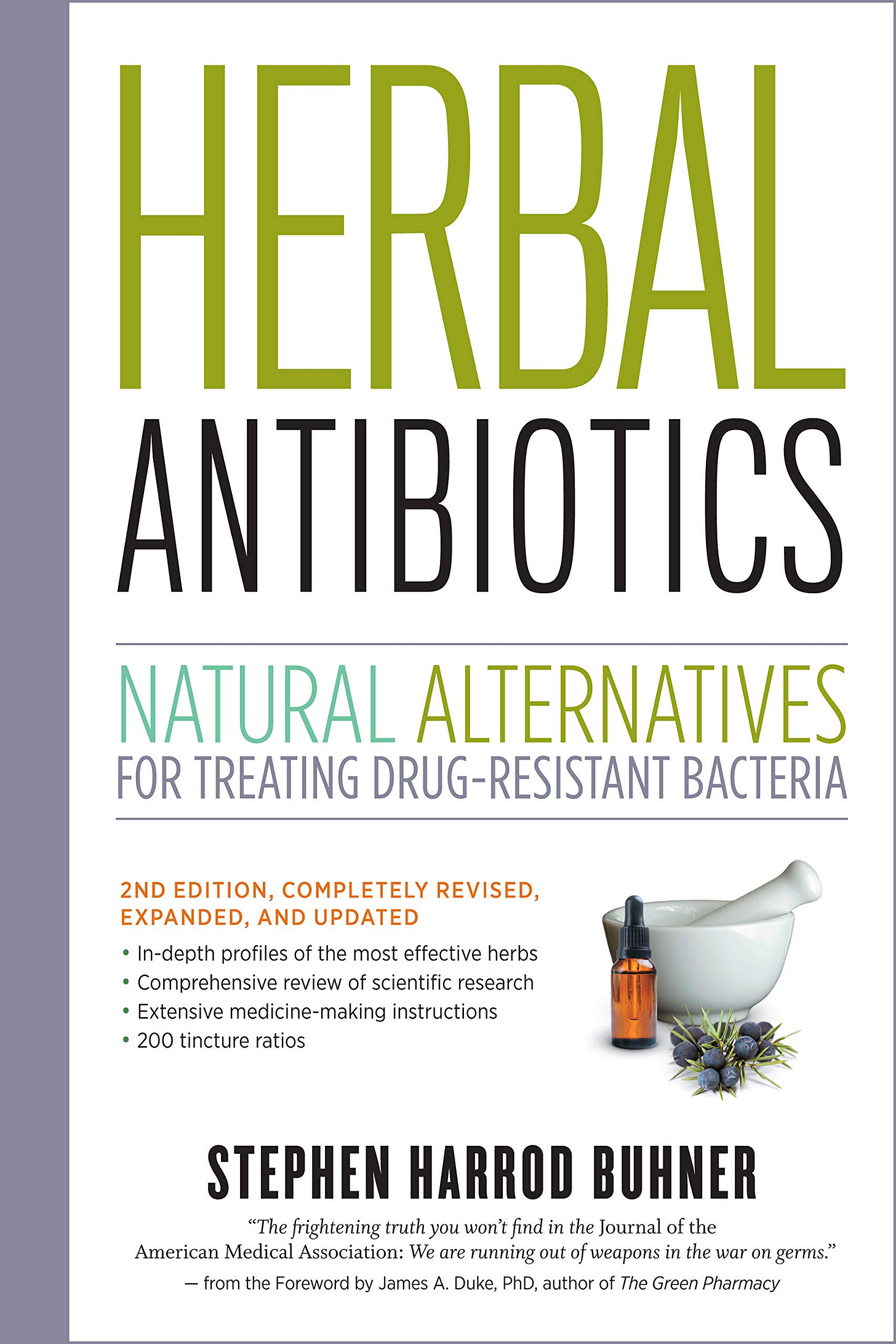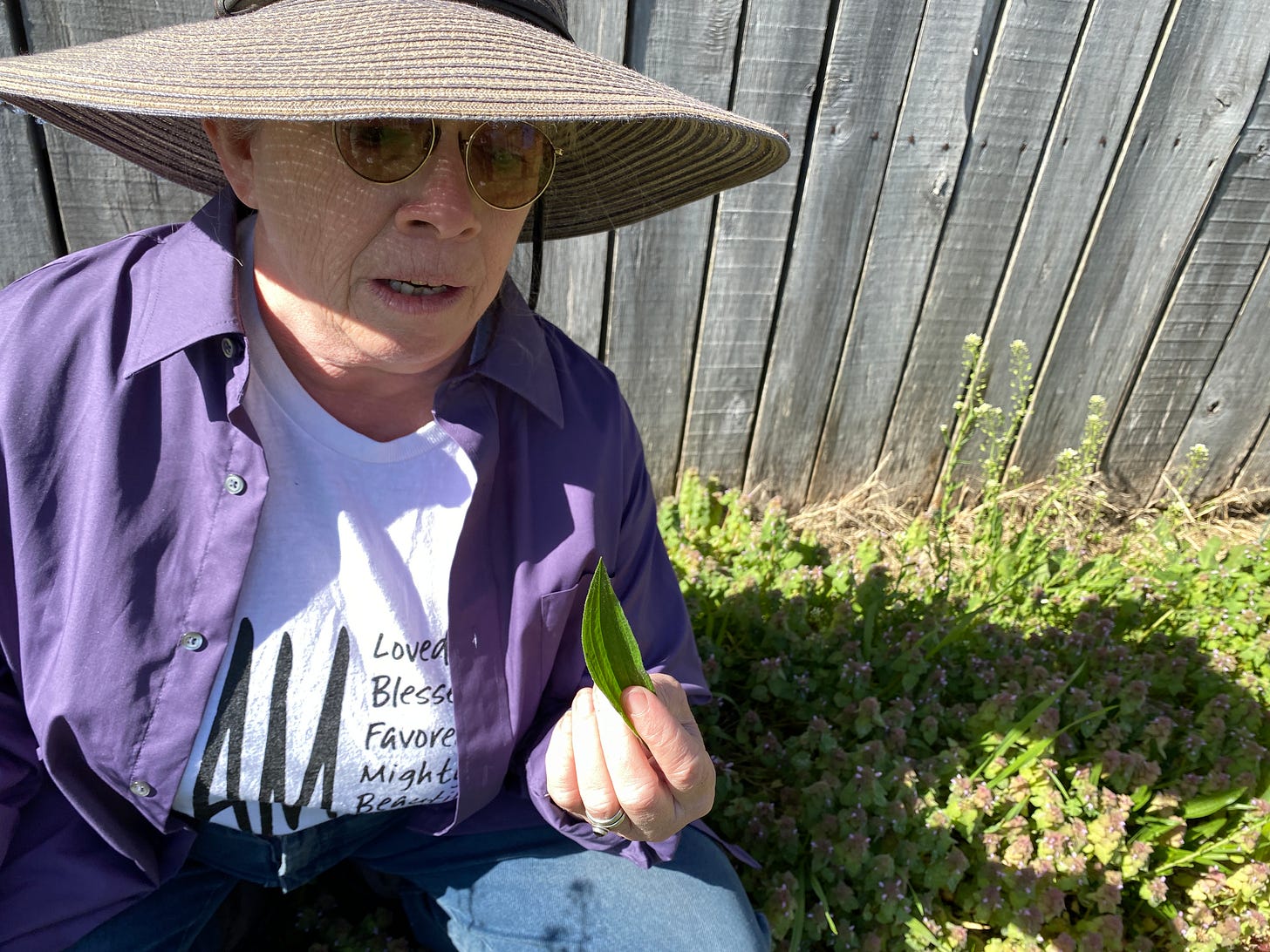My Favorite Herbal Medicine Books
The medical system is crumbling. Herbal medicines help you help yourself when you're otherwise out of options.
The medical system is collapsing. Up to 47% of healthcare workers in the United States plan to leave by 2025. We’re seeing a shortage of amoxicillin, a critical antibiotic. Canada is experiencing a shortage of children’s pain relievers. Hospitals are overwhelmed with RSV cases, and insiders are predicting a rough winter.
I learned this the hard way yesterday. My baby daughter has been sick, and we also suspected my youngest son was ill as well. My wife took them to the doctor. It took two hours to get an appointment, another two hours in the waiting room, and then an hour in the examination room. Turns out our baby girl has two ear infections and my son has one.
My wife left at 1 PM and didn’t return until 7 PM, and still without medicine because the pharmacy hadn’t filled it. I volunteered to go pick it up last night. They had my daughter’s medicine but they were out of my son’s. Amoxicillin, of course.
With the medical system in the state it is, it’s important that we become more medically self-reliant, and herbal medicines are a key to that. They’re often frowned upon in the United States, but the Germans take them seriously.
Don’t think you believe in herbal medicines? Have you ever drank coffee or tea? Did they make you jittery? That’s a side effect of an herbal remedy. Ever consumed tobacco? That’s also an herbal drug, albeit with some harsh side effects. Many accept that marijuana can help with cancer, glaucoma, and pain, but don’t believe other herbs can help as well.
I’ve talked before about my use of plantain and comfrey, and I’d like to share a handful of my favorite herbal medicine books, the ones I instinctively reach for when help otherwise isn’t available. Once you start successfully treating your ailments with things you find in your yard, you’re going to discover a new sense of empowerment.
Standard disclaimer: I’m not a medical professional and this is not medical advice. We always seek professional medical help when it’s available. Unfortunately, it isn’t always.
The Herbal Medicine Maker’s Handbook
Jack Spirko of The Survival Podcast turned me on to The Herbal Medicine Maker’s Handbook, and he says it’s the only herbal medicine book he uses. Author James Green walks you through everything from choosing wild herbs to how to turn them into salves, tinctures, and other preparations.
Green is very much a hippy, and offers some woo-woo advice, like touching plants to commune with them to learn what their properties are. That seems like a good way to get a bad case of poison ivy. But look past the woo-woo and you’ll find solid, practical, and easy-to-understand advice on making herbal medicines. This is a great book to start with.
Herbal Antibiotics and Herbal Antivirals
Stephen Buhner is the practical opposite of James Green. While Green telepathically talks to plants, Buhner dives deep into the scientific literature to identify the best herbs to treat everything from ear infections to COVID-19. Don’t expect to find many of his recommended herbs in your backyard. Many of his picks are somewhat exotic, though you could probably grow many yourself.
Last summer I had a really nasty fungal rash. It started as a little red spot on my arm and soon spread all over my chest. A trusted doctor took one look and identified it as a fungal infection and prescribed a cream. The cream got rid of the rash… temporarily. Then it came roaring back, despite me using antifungal soap, changing my diet, and using more cream.
Desperate, I checked Herbal Antibiotics and found that he recommended sida acuta for treating fungal infections. I ordered some tincture from Earthashram on Etsy, put it in a spray bottle, and started spraying the rash twice per day. Within a week it was gone and has not come back. I also used part of his protocol when I had COVID (he recommends a lot of herbs), and didn’t get too sick.
Herbal Antibiotics and Herbal Antivirals are two must-haves for your herbal remedy shelf.
Peterson Field Guide To Medicinal Plants & Herbs
There are two books here: one for Eastern and Central North America and one for Western North America. Buy whichever one fits your region.
These books have pictures and descriptions of herbs in your region, as well as information on what they’re good for treating. My favorite thing about these field guides is that they’re color coded with colored tabs on the edge of the page. So if you’re in the field and see a purple flower, you flip to the purple section and flip through until you find the herb you’re looking at. The Peterson tree guides can be hard to use but the herbal guide is brilliant.
Other Resources
Don’t neglect basic trauma care, like a portable first-aid kit and a home first-aid kit. A good (non-herbal) medicinal book is The Survival Medicine Handbook, which tells you what supplies you need and how to use them. For instance, I looked up ear infections and found I need a device called an otoscope to look in my kid’s ears to see if they’re infected. Now I’m asking the medical pros on our Discord server which brands they recommend.
If you have the opportunity this next spring, take an herb walk with a local expert. This past spring, I took one with my friends Barb and Joe of Groundwell Farm and learned a lot about herbs local to our area. It’s good to know both herbs you can buy and herbs you can find around you.
A few things to keep in mind about herbal medicines:
They function differently than commercial medicine. Many herbs have multiple uses in different contexts. For instance, plantain used externally can help with many skin irritations, and taken internally it can calm upset stomachs.
Herbal medicines often need a much higher dose than you’re used to. It may take several droppers multiple times per day. For commercially purchased preparations, that can get expensive.
Like any other medicine, some herbs may work better for you than they work for others, and vice-versa. Don’t write off herbals just because a particular remedy doesn’t work.
Also, like any other medicine, they can cause bad reactions or interact with prescription drugs. Do your research and tread carefully!
There is a lot of bad information online. Refer to trusted books or experienced herbalists. Don’t just Google things and do whatever some random SEO-optimized website tells you.
Modern medicine is a marvel, but our system is in bad shape and I don’t think it’s going to improve anytime soon. Start learning about effective herbal treatments now and don’t be caught flat-footed when you can’t get professional medical help.





